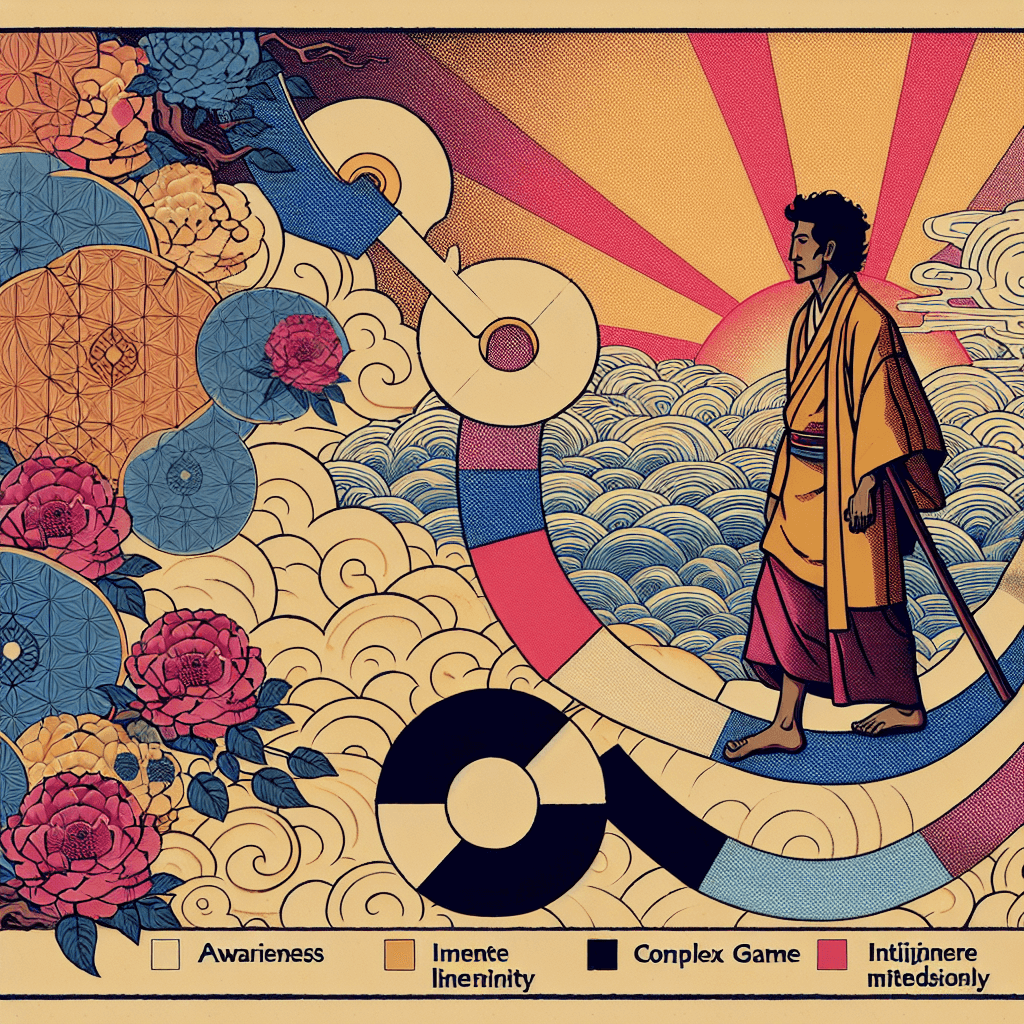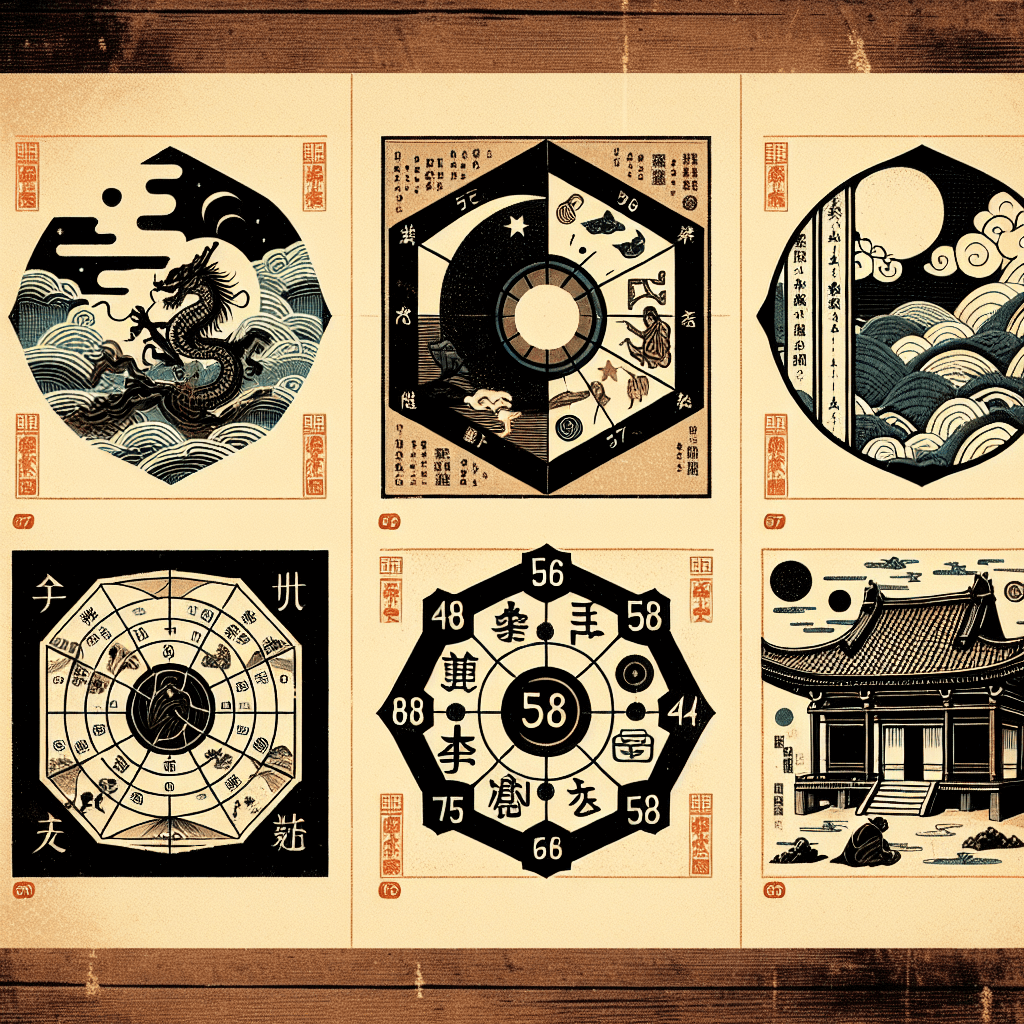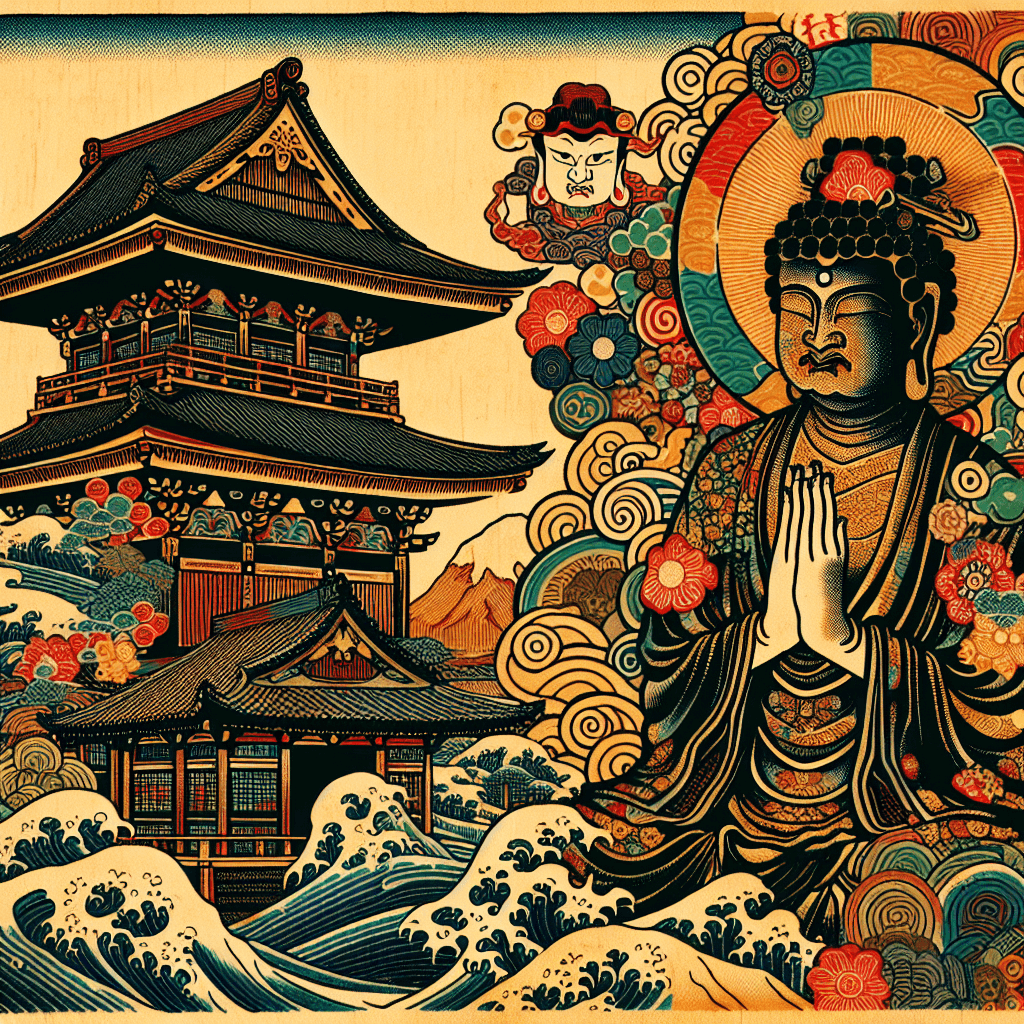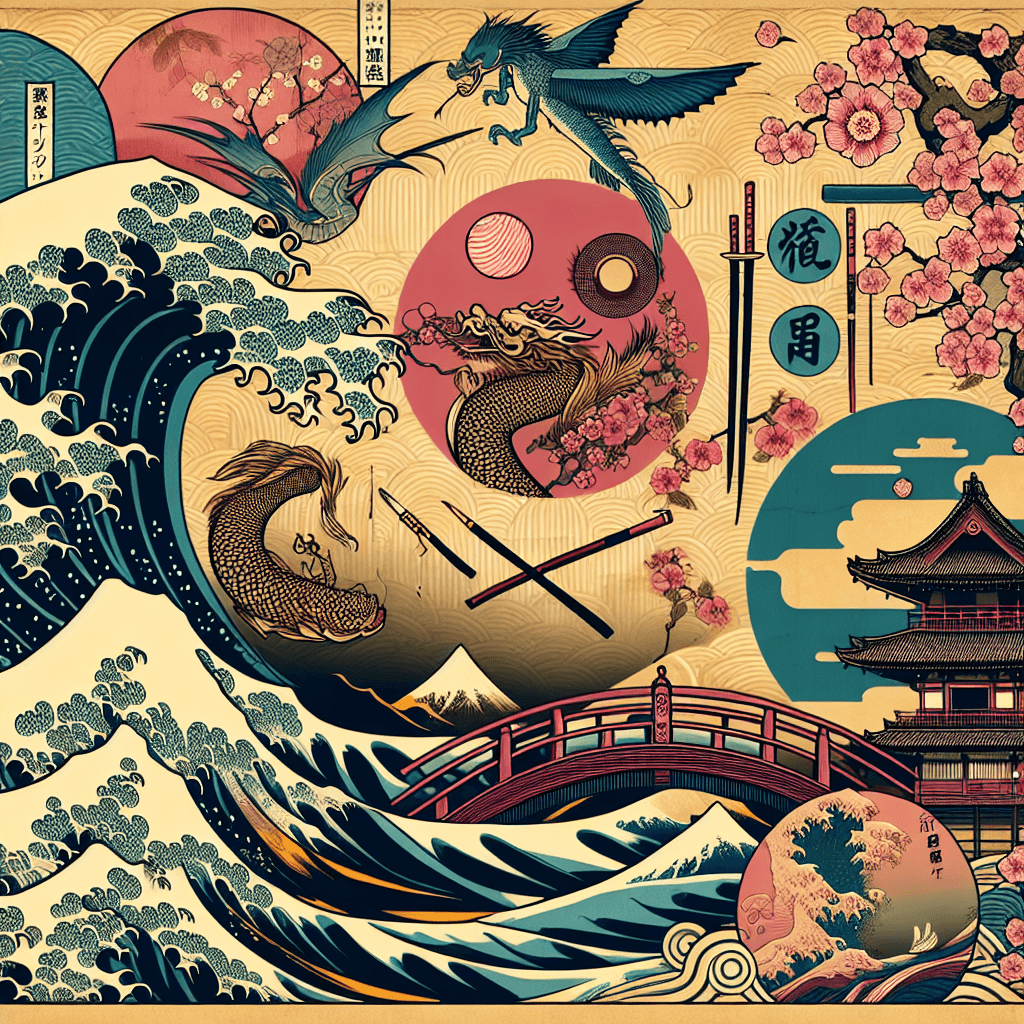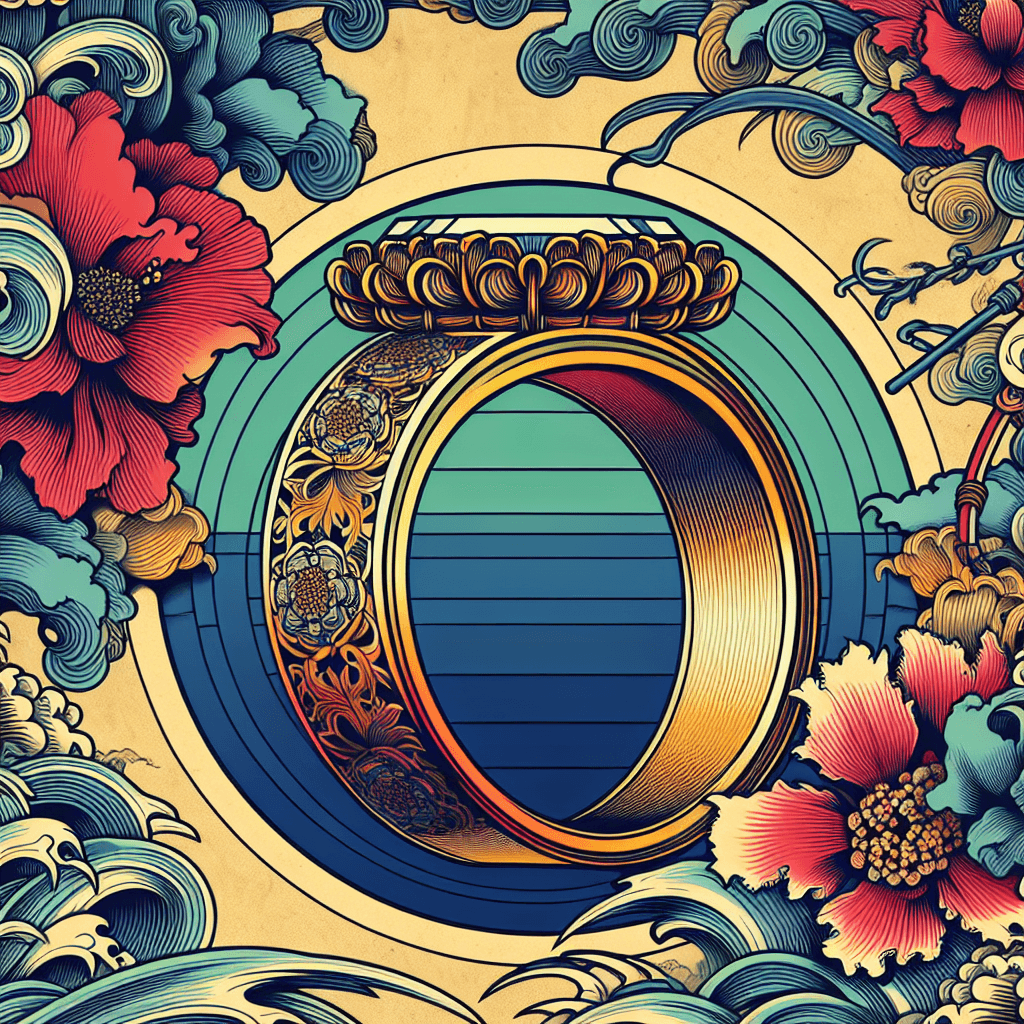Wabi-Sabi: Embracing the Beauty of Imperfection
syndu | Sept. 30, 2023, 12:13 p.m.
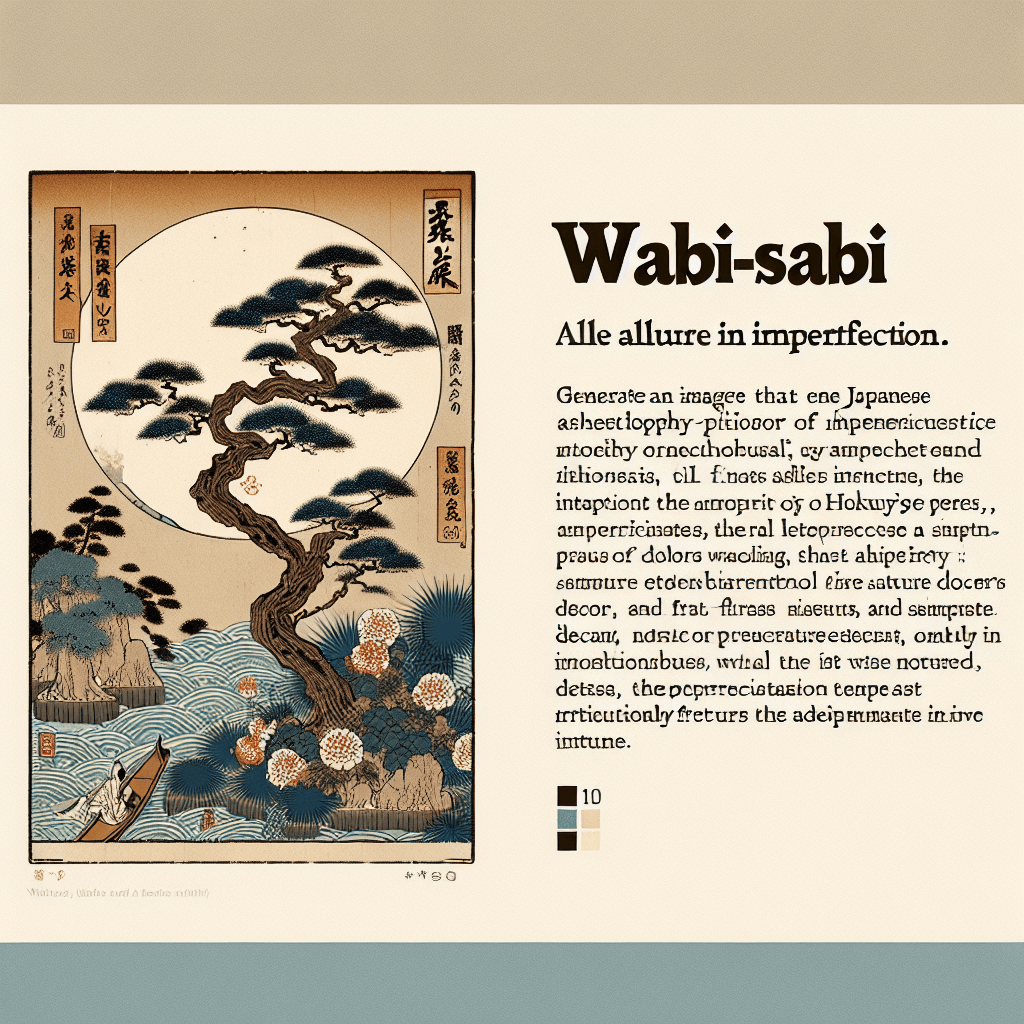
Wabi-Sabi: Embracing the Beauty of Imperfection
In a world obsessed with perfection, there exists a Japanese philosophy that finds beauty in the imperfect, impermanent, and incomplete - Wabi-Sabi. Rooted in Zen Buddhism, Wabi-Sabi is a concept that celebrates the simple, the rustic, and the flawed, offering a refreshing perspective on beauty and aesthetics.
1. Understanding Wabi-Sabi
The term Wabi-Sabi is a combination of two words. 'Wabi' refers to the beauty of simplicity and the natural world, often associated with solitude and the feeling of being in tune with nature. 'Sabi', on the other hand, represents the beauty of age and wear, the patina that comes with the passage of time.
2. The Aesthetics of Wabi-Sabi
Wabi-Sabi aesthetics are characterized by asymmetry, roughness, simplicity, modesty, and the appreciation of the integrity of natural objects and processes. It values the marks left by time and use, viewing them as a testament to an object's history and a reflection of its natural cycle.
3. Wabi-Sabi in Everyday Life
Incorporating Wabi-Sabi into our lives means embracing the imperfect. It's about appreciating the worn-out book with dog-eared pages, the chipped mug that's been in the family for years, or the uneven stitches on a handmade quilt. It's about finding beauty in the weathered fence, the rusted garden tools, and the faded photographs.
4. Wabi-Sabi and Mindfulness
Wabi-Sabi is closely linked to mindfulness and the practice of being present in the moment. It encourages us to slow down and appreciate the simple joys of life, to find contentment in what we have, and to let go of the pursuit of perfection.
5. The Wisdom of Wabi-Sabi
More than just an aesthetic, Wabi-Sabi is a philosophy that teaches us to accept the imperfections in life and to find peace in the natural cycle of growth and decay. It reminds us that nothing lasts, nothing is finished, and nothing is perfect, and that's perfectly okay.
Conclusion
Wabi-Sabi is a beautiful reminder that there's beauty in imperfection. By embracing this philosophy, we can cultivate a deeper appreciation for the simple, the rustic, and the flawed, and find contentment in the natural imperfections of life.
